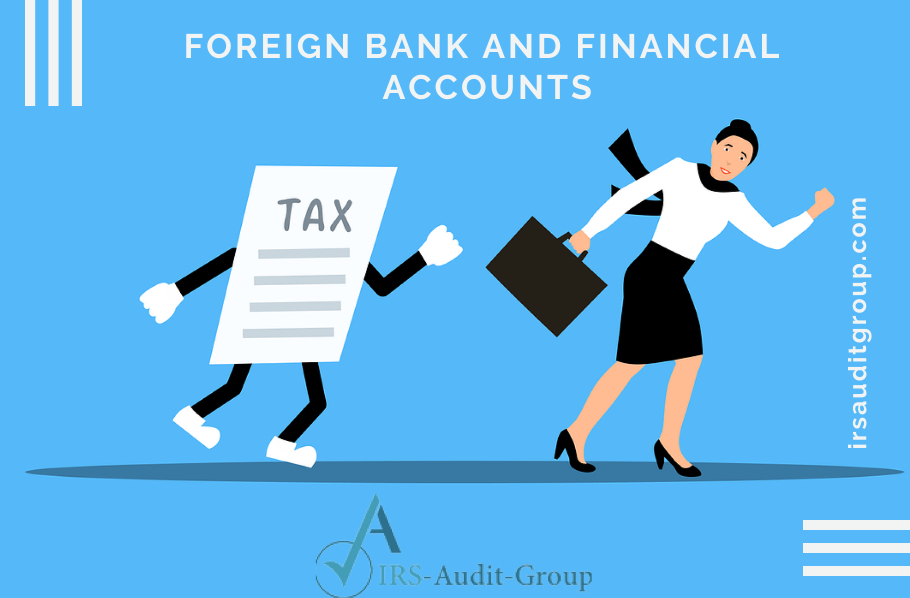What is FBAR?
According to the Bank Secrecy Act, one must declare and keep records of certain foreign financial accounts, such as bank accounts, brokerage accounts, and mutual funds, to the Treasury Department every year. The accounts are reported on a Financial Crimes Enforcement Network (FinCEN) Form 114 called a Report of Foreign Bank and Financial Accounts (FBAR). The annual due date for filing FBARs for foreign financial accounts is April 15th of every year.
Who must file FBAR?
A citizen, resident, corporation, partnership, limited liability company, trust, or estate in the United States must file an FBAR to report if they have a financial interest in or signature or other authority over at least one financial account located outside the United States and its aggregate value of those foreign financial accounts exceeded $10,000 at any time during the calendar year reported.
However, you are exempt from reporting foreign financial accounts if they are:
- Correspondent/Nostro accounts
- Owned by a governmental entity
- Owned by an international financial institution
- Maintained a U.S. military banking facility,
- Held in an individual retirement account (IRA) of which you’re an owner or beneficiary,
- Held in a retirement plan of which you’re a participant or beneficiary, or
- Part of a trust of which you’re a beneficiary, if a U.S. person (trust, trustee of the trust or agent of the trust) files an FBAR reporting these accounts.
Further taxpayers don’t have to file an FBAR for the tax year 2022 if you meet the following criteria:
- All your foreign financial accounts are reported on a consolidated FBAR, or
- You jointly own all your foreign financial accounts with your spouse and:
- You completed and signed FinCEN Form 114a authorizing your spouse to file on your behalf, and your spouse reports the jointly owned accounts on a timely-filed signed FBAR.
Note: Your eligibility for this exception is unaffected by your filing status, such as married-filing-jointly or married-filing-separately.
How to file the FBAR?
The FBAR must be filed online using FinCEN’s (Financial Crimes Enforcement Network) BSA E-Filing System. The FBAR is not filed with the federal tax return. You need to call FinCEN’s Resource Centre to request an exemption from e-filing if you want to file your FBAR on paper. If FinCEN authorises your request, you will get a printed FBAR form to fill out and mail to the IRS.
If you wish someone else to file your FBAR on your behalf, fill out FinCEN Report 114a, Record of Authorization to Electronically File FBARs, and provide it to them. FinCEN Report 114a is not submitted with the FBAR; instead, retain it for your records and make it available to FinCEN or the IRS upon request.
Deadline to file for the Tax year 2021
The FBAR is an annual report that is due on April 15 of the year reported. If taxpayers miss the FBAR annual due date of April 15, they will get an automatic extension until October 15. To file the FBAR, you do not need to request an extension.
More information related FBAR filing and other resources available on the IRS website here – https://www.irs.gov/businesses/small-businesses-self-employed/report-of-foreign-bank-and-financial-accounts-fbar
IRS Audit Group are a team of Tax Professionals, CPAs, Enrolled Agents and Tax Attorneys, primarily specializing in Internal Revenue Services (IRS) Tax Audit Representation. We resolve your tax audit issues and represent on behalf of you to the IRS. Call us to get free consultation from our tax professional to understand our Tax audit concerns.
Telephone Number: (310) 498-7508
Email address: info@irs-audit-group.com

